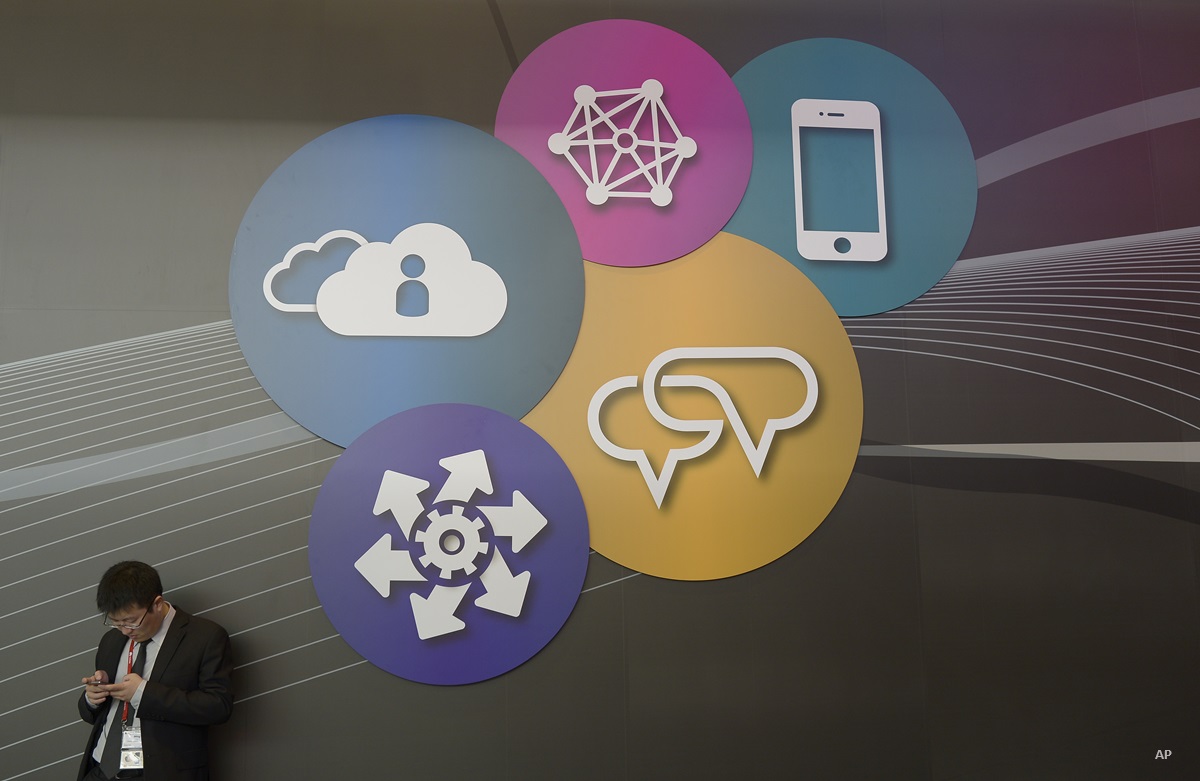
“Make no little plans; they have no magic to stir men’s blood and probably themselves will not be realized. Make big plans; aim high in hope and work.”
-Daniel Burnham, 1891
Even for the privileged among us, who still have our jobs, aren’t on the front lines with the pandemic, and haven’t had anyone close to us felled by COVID-19, the current crisis has brought hardships big and small. Parents have confronted the daily struggle of trying to do their jobs while also home-schooling. Adult children haven’t been able to visit their elderly parents. Graduations, weddings, and even funerals have been put on hold or “Zoomified.”
Yet as difficult as it has been, there have been a few silver linings, too--especially for those of us lucky enough to not be touched directly by the crisis. One of the most valuable, I’d argue, is that pressing pause on our usual routines has given many of us the opportunity to take a step back, get out of our ruts, and take stock. What do we really value? What do we really miss? What can’t we wait to do when this is all over? What “necessity” of our past lives--whether the daily purchased latte or frequent meals in restaurants--are we finding that we’re quite happily doing without?
My husband and I have been having these conversations regularly on our nightly walks. (The fact that we don't have much news to report from our days spent in our respective corners of the house helps elevate the conversation!) Travel is his greatest longing, and we both miss cooking and entertaining big groups of family and friends. Talking about how the pandemic has changed our thinking on a topic, or made us want to do more of something else, helps us feel like we’re using the present situation productively. The current sense of isolation won’t be for naught, because it’s shaping how we intend to use our lives in the future, when we once again have a full set of choices before us.
I’d argue that it’s also a good time to put a fresh set of eyes on your financial plan, taking a similarly expansive view of it that you might not have been able to do when you were busy and mired in your day-to-day activities. Carl Richards presented this general thesis when he argues that too often, financial plans (and planners) move straight to the “solution” phase, without stopping to ask some basic questions about what someone is trying to achieve and what their real problems are. What will constitute “success” for you over the next few years, not just in financial terms, but in life terms, too? Are you allocating your time and money in line with your intentions, what you find fulfilling, and what brings you joy? These questions are incredibly personal; no one else can answer them for you.
Whether you’re well into retirement or early in your career, it can be easy to backburner questions like these and move straight to logistics--determining your asset allocation and minimizing taxes, for example. Those are all worthy pursuits, and Morningstar.ca is full of information to help you do those jobs well. But if you find yourself with a bit of extra time to think a bit more broadly and introspectively about your financial plan, here are some of the key questions to ask yourself.
What expenditures bring you happiness?
As most investors know, the biggest determinant of whether you achieve financial success is how much you spend versus how much you save. But as important as it is to make sure your intake exceeds your outgo, budgeting can seem like sheer drudgery. Carl Richards posited a different way to go about it. Simply begin to take note of how various discretionary expenditures make you feel. I’ve started to do this (at least in a pandemic-adjusted way) since we talked, and it’s been incredibly illuminating.
How are you allocating your precious resources?
At Morningstar, we devote a significant amount of attention to helping you make smart allocations of financial capital across opportunity sets--not just saving versus spending but also debt paydown versus investing in the market, how much to allocate to retirement versus children's education, and so on. Those are crucial topics worthy of significant analysis and introspection.
Ultimately, the right answers are a matter of math (expected return on “investment”) and personal preference. But many of us, myself included, pay much less attention to how we allocate an even more scarce resource--our time--even though that allocation will ultimately have an even greater impact on whether we feel like we’ve met our goals. Of course, some of our time expenditures are pre-ordained--the time we spend working or caring for children, for example. But even within those allocations, it seems worthwhile to be more mindful, to help ensure that your allocation of time in a given day, week, or year aligns with your goals and vision for that period. Technology tools can help you determine how much time you waste (er, spend) on social media and other activities that could be detracting from your productivity and happiness.
What’s your own definition of “enough”?
Many of us are operating with an incredibly vague notion of how much we really need to save in order to achieve our financial goals and find security. And even financial planners might rely on rules of thumb when setting your retirement-savings target--for example, they might assume that you’ll need 80% of your working income in retirement and extrapolate the rest of your plan from there.
As humans, we often have a natural tendency to reach for more more more, regardless of whether that "more" is actually bringing more happiness and security. Trying to keep up with the people around us, in terms of possessions and outward signs of success, can get exhausting and may not get us any closer to our life's goals. That's why, in this period of limited activity, spending, and social contact, it's so worthwhile to think through your own definition of enough--both now and for the future.
What do you want your legacy to be?
When taking a strictly financial- and estate-planning perspective, leaving a “legacy” is one of those topics that can seem overly narrow. It’s about leaving assets behind for children, grandchildren, and other loved ones, as well as charity if we so choose. It’s about making sure we don’t burden the people we care about. Those are crucial considerations, and they’re why everyone needs an estate plan that includes wills, powers of attorney, and beneficiary designations, among other key documents.
But while you’re at it, why not think big-picture about your legacy, too? What do you hope people will say about you after you’re gone? What life philosophy or pieces of wisdom do you hope that your loved ones will always associate with you? If you find yourself with a bit of extra time for introspection, write down a few ideas along these lines. And no, you're not too young to start thinking about this.
You can find templates for creating a “personal legacy” online, but my advice is not to overthink it. Balance more serious ideas with more lighthearted ones. At my father’s funeral, my husband read several of pieces of wisdom we had all learned from my dad, ranging from mundane but joyful (“never say no to ice cream” and “put extra olives in the martini”) to more profound (“embrace progress” and “pick the plants that haven’t yet bloomed because watching them bloom and grow is the best part”). We all have credos that we live by; make sure your loved ones know yours.
Editor's note: Read the latest on how the coronavirus is rattling the markets and what you can do to navigate it.




















